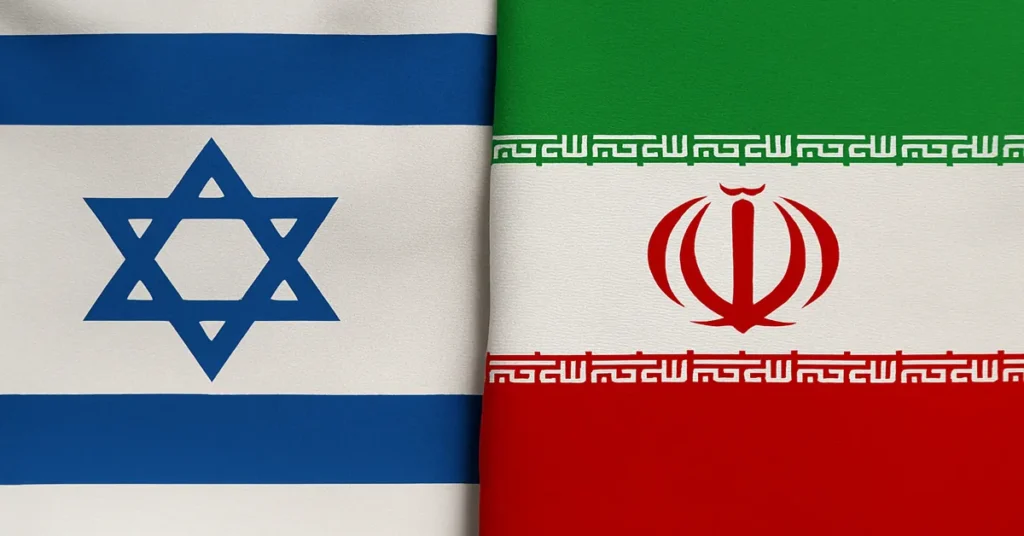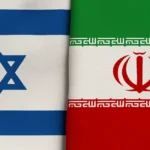In a significant escalation of Middle Eastern tensions, Israel has conducted a series of targeted airstrikes on Iranian military installations. These actions mark a pivotal moment in the longstanding enmity between the two nations, raising questions about regional stability and the future of diplomatic engagements – Israeli attack Iran.
In a significant development, Israel is contemplating limited military strikes on Iran’s nuclear facilities, citing concerns over Tehran’s advancing nuclear program and the perceived ineffectiveness of ongoing diplomatic efforts. This consideration comes amid escalating tensions in the Middle East and a complex geopolitical landscape.
Background: A History of Hostility
The animosity between Israel and Iran has deep roots, characterized by mutual distrust and opposing geopolitical interests. Iran’s support for groups hostile to Israel, such as Hezbollah and Hamas, has long been a point of contention. Conversely, Israel has consistently expressed concern over Iran’s nuclear ambitions, viewing them as an existential threat – Israeli attack Iran.
Recent years have seen a series of proxy confrontations, cyberattacks, and covert operations, but the latest airstrikes represent a more overt and direct form of military engagement.
The Airstrikes: Precision and Purpose
On April 18, 2025, Israeli forces launched coordinated airstrikes targeting key Iranian military facilities. According to Israeli defense officials, the strikes aimed to disrupt Iran’s missile production capabilities and degrade its air defense systems. The operation was described as a preemptive measure to thwart potential threats and to send a clear message regarding Israel’s red lines.The Guardian
Iranian state media confirmed the attacks, reporting damage to several military sites and casualties among personnel. However, Iranian officials have downplayed the extent of the damage, asserting that their defense capabilities remain intact.Wikipedia
Current Developments: Diplomatic Efforts and Military Considerations
Recent indirect nuclear talks between the United States and Iran in Rome have yielded limited progress. While both parties have agreed to continue negotiations, significant gaps remain, particularly concerning Iran’s uranium enrichment activities and missile programs. The Jerusalem Post
Amid these stalled diplomatic efforts, Israeli officials are reportedly considering limited military operations targeting Iran’s nuclear infrastructure. Such actions aim to delay Iran’s nuclear capabilities without triggering a full-scale conflict.
Regional and Global Reactions
The international community has responded with a mix of concern and calls for restraint. The United States, while reaffirming its commitment to Israel’s security, has urged both parties to avoid further escalation. European Union leaders have expressed alarm over the potential for broader conflict and have called for renewed diplomatic efforts.AP News
In the Middle East, reactions have been polarized. Saudi Arabia and the United Arab Emirates have remained largely silent, reflecting their complex relationships with both Israel and Iran. Turkey has condemned the strikes, warning of the dangers of unilateral military actions.
Implications for Iran’s Nuclear Program
One of the central concerns driving Israel’s actions is Iran’s nuclear program. Despite Iran’s assertions that its nuclear activities are for peaceful purposes, Israel remains skeptical, fearing the development of nuclear weapons capabilities. The recent airstrikes are seen as an attempt to delay or disrupt any progress in this area.
Analysts suggest that while the strikes may have set back certain military developments, they are unlikely to halt Iran’s nuclear ambitions entirely. Instead, the actions may harden Iran’s resolve and complicate ongoing negotiations aimed at reviving the Joint Comprehensive Plan of Action (JCPOA).
Domestic Considerations in Israel and Iran
In Israel, the government’s decision to carry out the strikes has garnered both support and criticism. Supporters argue that proactive measures are necessary to ensure national security, while critics caution against the risks of provoking a wider conflict.
In Iran, the strikes have been met with a mix of public outrage and nationalistic fervor. The government has vowed to respond appropriately, but internal pressures, including economic challenges and political dissent, may influence the nature and timing of any retaliation.
The Path Forward: Diplomacy or Further Conflict?
The recent developments underscore the fragile nature of Middle Eastern geopolitics. While military actions may address immediate security concerns, they also risk triggering cycles of retaliation and undermining diplomatic efforts.
For lasting stability, stakeholders must prioritize dialogue and seek comprehensive solutions that address the underlying issues fueling the conflict. International mediators, including the United Nations and regional powers, have a critical role to play in facilitating negotiations and preventing further escalation.
Note: This article is based on current events and aims to provide a balanced analysis of the situation. For ongoing updates, readers are encouraged to consult reputable news sources and official statements from the involved parties.







